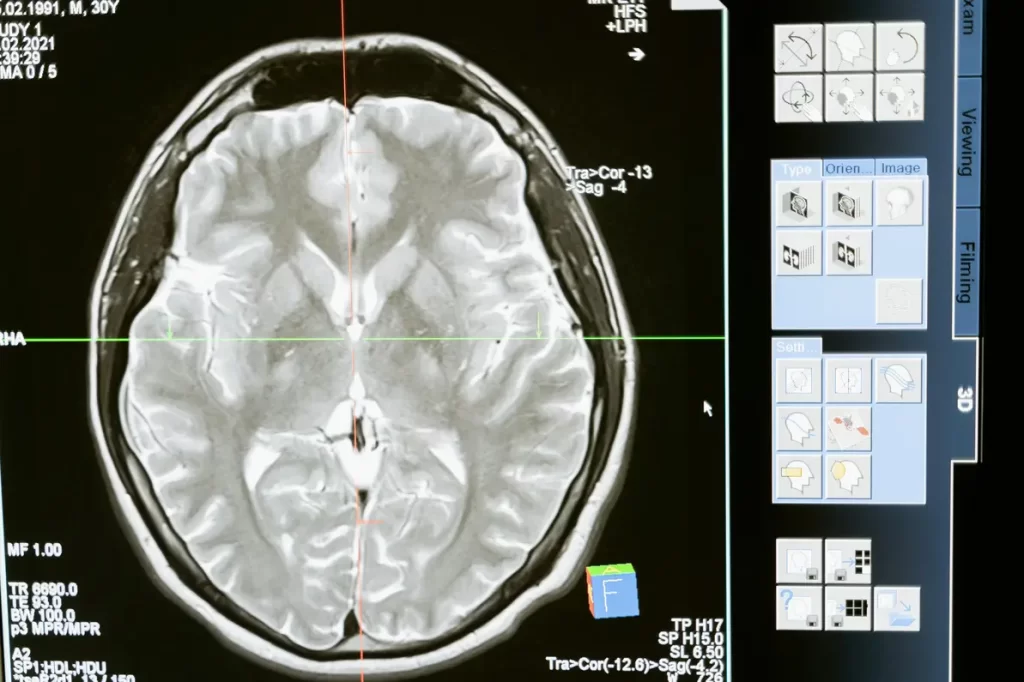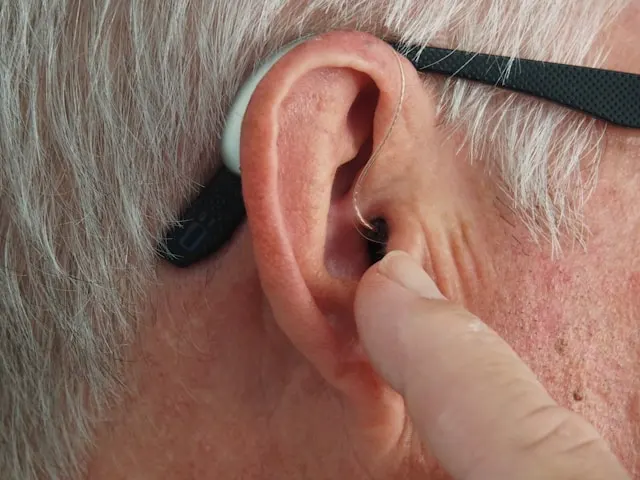People ask about the role of lithium in supporting cognitive health. They ask, “Isn’t Lithium a mood stabilizer for bipolar disease?”
These people are correct. There is extensive use of Lithium in the treatment of Bipolar disease and major depression. In these instances, lithium is prescribed in dosages of 300 to 600 mg, sometimes dosing is as high as 1,000 mg. However, several recent clinical trials demonstrate the benefit of low dose lithium in persons with mild cognitive decline.
A study published in The British Journal of Psychiatry (Forlenza, 2018) conducted a randomized, double blinded controlled trial to evaluate the effect of 4.5 – 9 mg of Lithium versus placebo over one year in persons with mild cognitive decline. Lithium was chosen because it is readily available, has a low cost, and is known to inhibit a certain metabolic pathway (GSK-3β) that leads to phosphorylation of the Tau protein and amyloid plaque formation (link to Blog 2 on Tau protein). Lithium also inhibits vascular endothelial growth factor which may be relevant to Alzheimer’s disease. Furthermore, natural observational studies in Denmark found that long-term exposure to micro levels (2.0 – 5.0 ug/L) of lithium in drinking water decreased the incidence of Alzheimer’s and vascular dementia in those populations (Kessing, 2017). Forlenza (2018) reviewed two clinical trials that compared lithium versus placebo and another two trials that compared lithium to aducanubam (a monoclonal antibody against amyloid β that has since been taken off the market). Results indicate that lithium was associated with significantly decreased spinal fluid concentrations of p Tau. Persons in the lithium groups performed better on cognitive tests than the control groups. Lithium was well tolerated.
In another study, Terao (2022) noted that lithium did not improve cognition in persons with advanced Alzheimer’s disease. He hypothesized that lithium’s effects were preventive rather than disease-modifying. Terao therefore conducted a randomized double-controlled trial to assess the effect of lithium on individuals at risk who manifested mild cognitive decline. Subjects were given doses of lithium to achieve target serum levels of 0.25 – 0.5 mmol/L (4.5 – 9 mg) or placebo. After two weeks of treatment subjects receiving lithium experienced a 50% reduction in GSK3β activity in white blood cells. The GSK3β has a central role in the pathology of Alzheimer as it leads to the development of p Tau and amyloid β.
In Terao’s study, 24 percent of both groups progressed to Alzheimer’s disease at one year. However, the magnitude of cognitive decline was smaller in the treatment group than in the control group. The lithium-treated group had a decrease in the level of p Tau as compared to their baseline values whereas the placebo group had a slight increase in p Tau. Side effects were mild and transient, and involved the GI system. The authors concluded that lithium treatment for one year reduced cognitive decline as compared to placebo, resulted in significant reduction of p tau in the cerebral spinal fluid, and was safe and well tolerated. Maximum benefits are seen in the early stages rather than later stages of Alzheimer’s disease.
References
Forlenza, OV, et al. (2018). Disease-modifying properties of long-term lithium treatment for amnestic mild cognitive impairment: Randomized controlled trial. The British J of Psychiatry,198(5).
Kessing, L. V., et al. (2017). Association of lithium in drinking water with the incidence of dementia. JAMA psychiatry, 74(10), 1005–1010. https://doi.org/10.1001/jamapsychiatry.2017.2362
Terao, I, et al. (2022). Comparative efficacy of lithium and aducanumab for cognitive decline in patients with mild cognitive impairment or Alzheimer’s disease: A systematic review and network meta-analysis. Ageing Research Reviews, 81 https://doi.org/10.1016/j
Photo by: MART PRODUCTION











